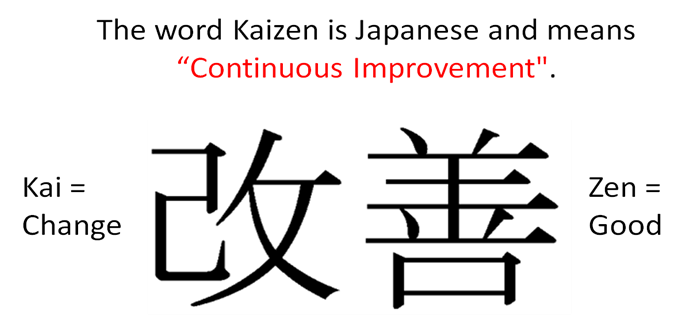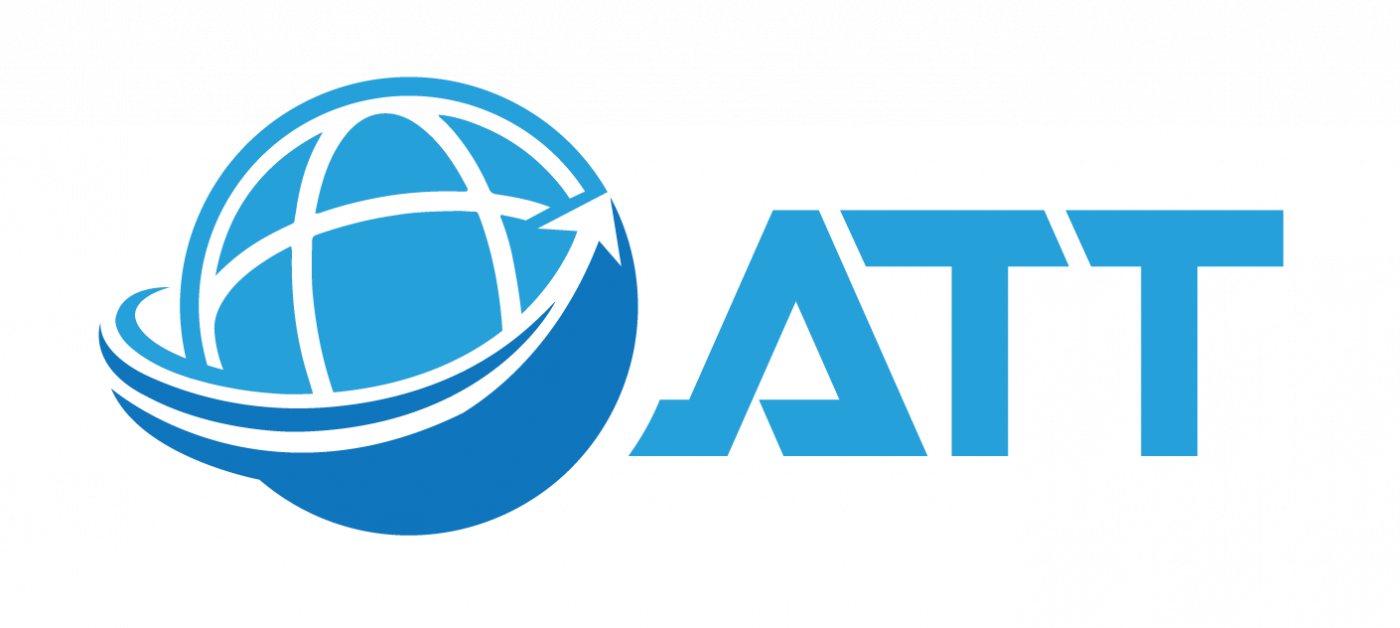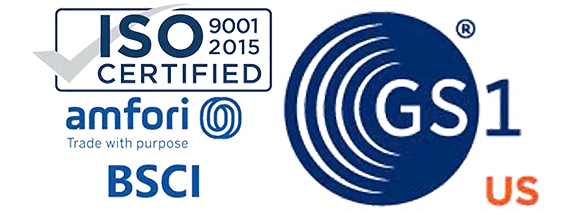Kaizen, a term originating from Japanese, signifies a continuous management and improvement deployment, ceaselessly evolving to optimize performance and quality. Known as a philosophy or quality management method, Kaizen is not limited to the realm of manufacturing but has also become a significant trend in global business management.
More than just a management model, Kaizen is also a way of life, embodying the principle of “a little bit at a time” to achieve continuous perfection. This article by Base.vn provides an overview of the concept of Kaizen, thereby offering detailed guidance on how to implement it in a business environment. Let’s explore how Kaizen can bring about changes and enhance the competitive ability of businesses.
-
What is kaizen ?
Kaizen is known as a famous business philosophy of the Japanese, successfully applied by many businesses worldwide. Its name is derived from two words in Japanese: “kai” – continuous and “zen” – improvement, translated into English as “ongoing improvement,” meaning continuous improvement.
ne of the distinctive features of Kaizen is “small incremental changes lead to significant results” – a large result will be steadily accumulated over time from small changes, small improvements. Therefore, Kaizen requires the participation of everyone with the spirit of “everything can be improved.”

The concept of Kaizen originates from Japan and means continuous improvement. According to The New Shorter Oxford English Dictionary (1993), the term “Kaizen” is added and defined as follows: Kaizen is the continuous improvement of work processes, productivity enhancement, etc., as a business philosophy.
Initially, Kaizen was mainly applied in manufacturing companies in Japan such as Toyota, Suzuki, Canon, Honda… Later on, Kaizen gradually became widely adopted – in companies across various sectors including services, business, technology, etc., in many countries worldwide, including Vietnam.
The improvement process in Kaizen often starts from small-scale ideas but yields impressive results over time. This concept differs from the innovation approach commonly applied by Western businesses: making significant changes, prioritizing immediate breakthroughs.
-
Benefits of Kaizen? When is the appropriate time to apply Kaizen in a business?
The implementation of Kaizen in a business brings both tangible and intangible benefits. Some basic benefits include:
2.1 Tangible Benefits:
- Accumulating small improvements over time to create significant overall results.
- Reducing waste, increasing productivity in production and business operations such as reducing inventory, non-standard quality products, waiting and transportation times, enhancing employee skills, etc.
2.2 Intangible Benefits:
- Motivating individuals within the business to propose effective improvement ideas.
- Fostering teamwork spirit, increasing internal cohesion.
- Establishing a corporate culture with habits of thriftiness and effectiveness in every detail.
Taking Toyota as an example – a highly successful enterprise in applying Kaizen. This philosophy is rigorously and thoroughly applied in every corner of Toyota’s manufacturing plants (whether in Japan or the US).
A typical improvement by Toyota is regarding material handling carts – vehicles used for internal transportation within the factory. Before Kaizen, Toyota had to spend a considerable amount of money to purchase them. However, they later discovered a way to build these carts in-house by adding engines to existing parts on the production line. By doing so, the cost of purchasing material handling carts was reduced by more than half, saving nearly $3,000 per cart – a significant saving worth learning from.
2.3 Appropriate Timing for Kaizen
Following the principle of “continuous improvement,” you can kaizen any part of your business while keeping other parts intact, as long as you ensure to maintain the core value of the issue. For example, a business can kaizen production costs while still maintaining product quality. Businesses can implement kaizen at various times:
- Kaizen during crises is a necessary solution to ensure survival.
- Kaizen in challenging circumstances (such as during the Covid-19 pandemic) aims to minimize disruptions and maintain seamless operations, preparing for future recovery.
- Particularly, businesses should kaizen during normal operations to address fundamental issues such as personnel management, task management, document management, etc., to save time and effort, laying the groundwork for sustainable growth.

